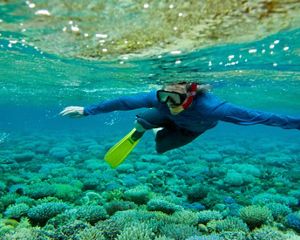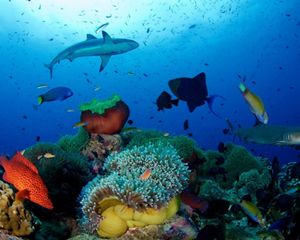8 Easy Ways You Can Help Coral Reefs
Here are some simple, effective actions you can take to help save coral reefs and the fish, animals and plants that depend on them.
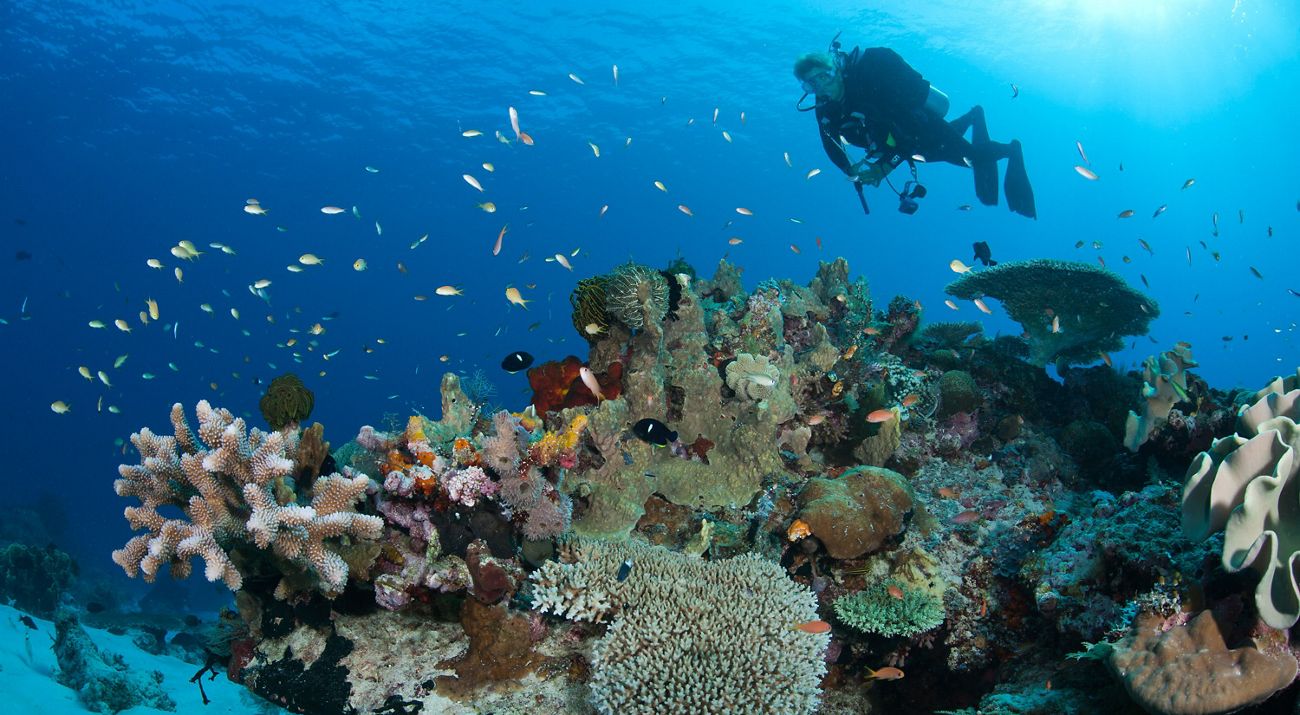
Coral reefs benefit almost 500 million people and provide habitat for 25% of all marine species, but they’re also the most threatened.
Want to help? Here are some simple, effective actions you can take to help save coral reefs and the fish, animals and plants that depend on them.
-
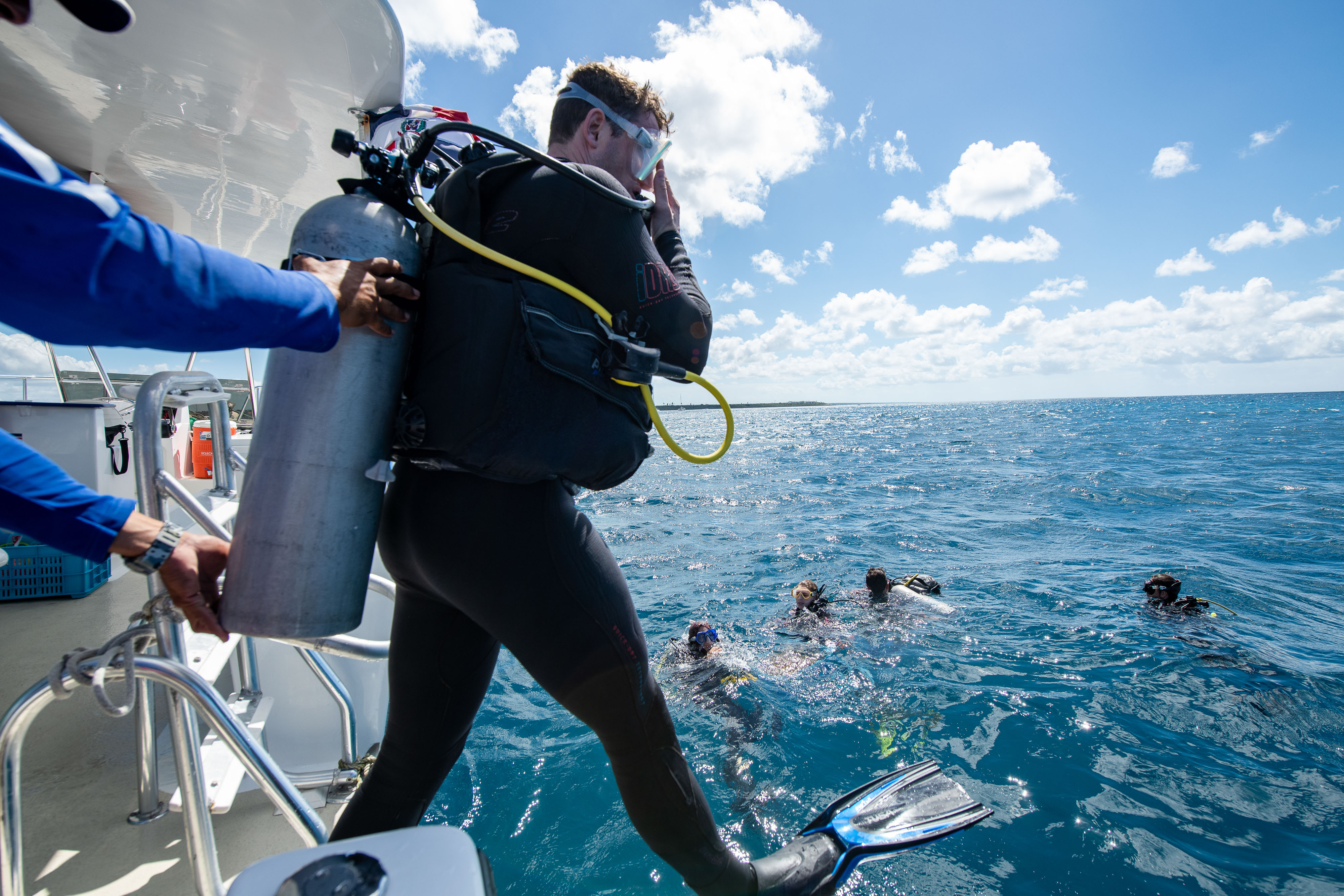
1. Dive responsibly when you visit coral reefs
Avoid touching reefs or anchoring your boat on the reef. Contact with the reef will damage the delicate coral animals, and anchoring on the reef can kill corals. How tourism can be good for coral reefs.
-
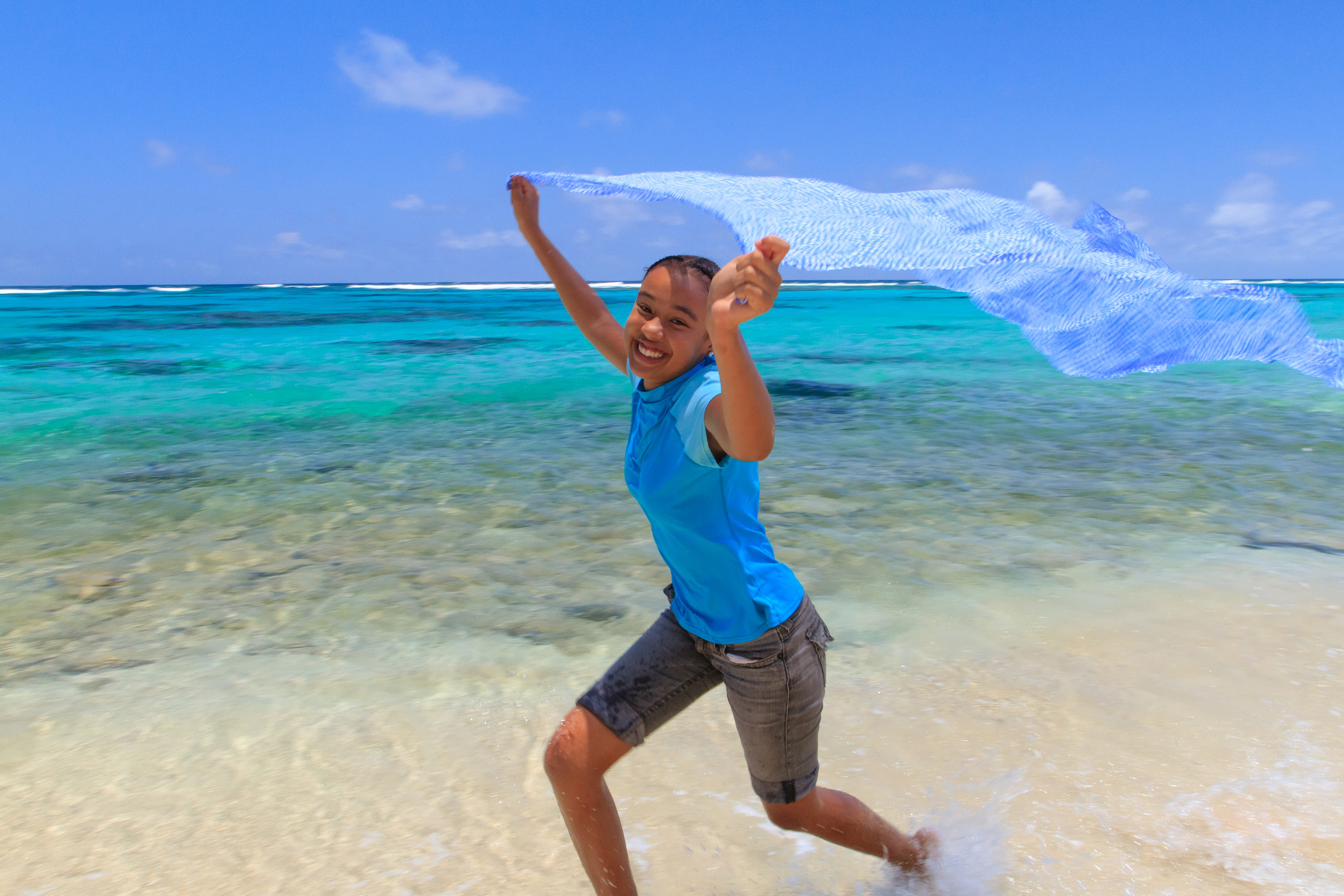
2. Wear a reef-friendly sunscreen
Several common sunscreen ingredients, including oxybenzone and octinoxate, have been shown to be toxic to coral reefs. Sunscreens that use non-nano zinc oxide as their active ingredients do not contribute to coral bleaching.
-
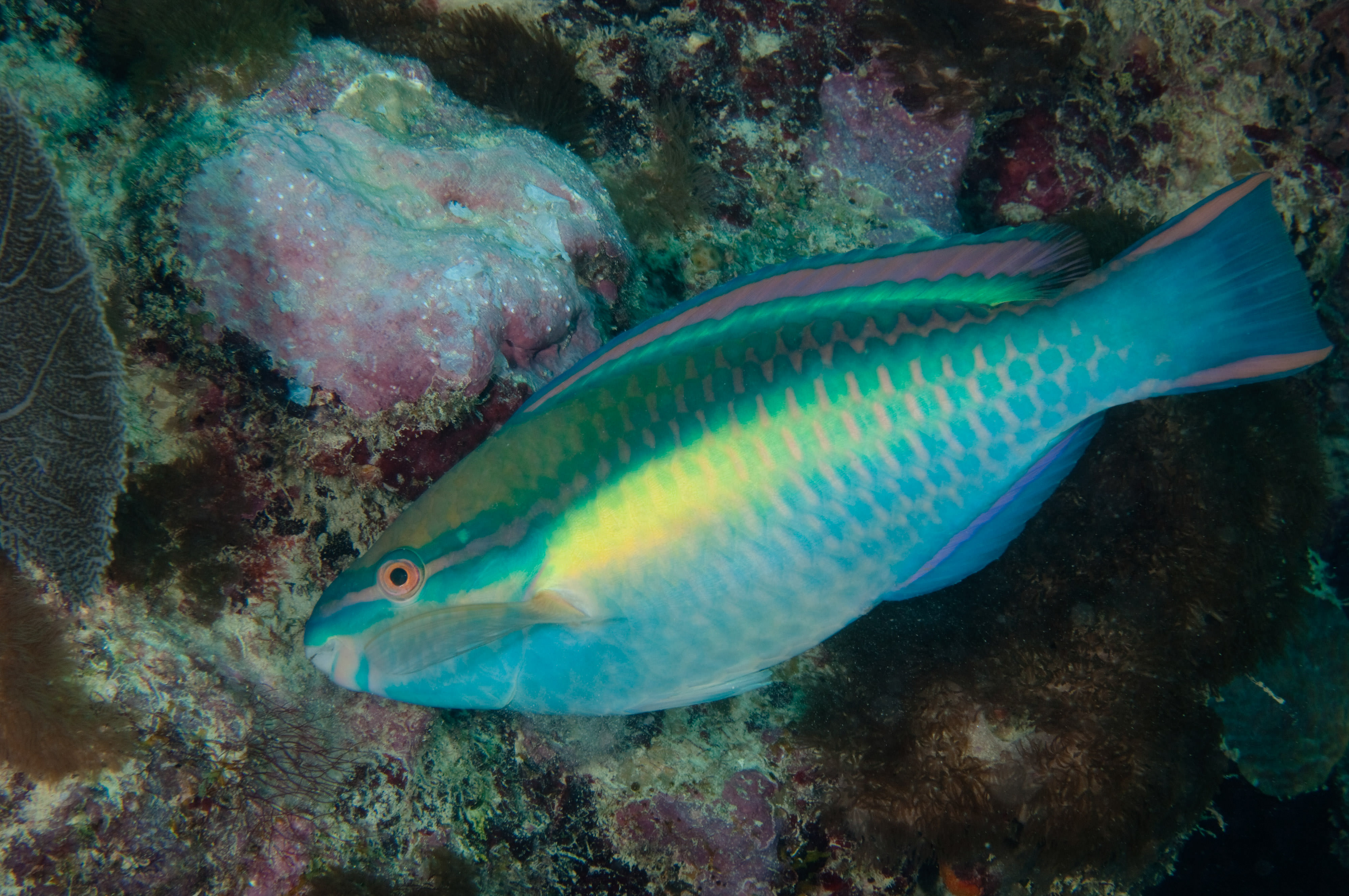
3. Eat sustainable seafood
Research where your seafood comes from and if it's caught sustainably. Parrotfish eat algae off coral reefs, cleaning the reefs and helping the corals stay healthy and thriving. Pass on parrotfish!
-
_Matt_Pelikan_(1)_4000x2200.jpg)
4. Make your lawncare green
You may live thousands of miles from a coral reef, but the products you put on your lawn will eventually flow into the water system. Use green alternatives for fertilizer and pesticides that won’t harm coral reefs and marine life.
-
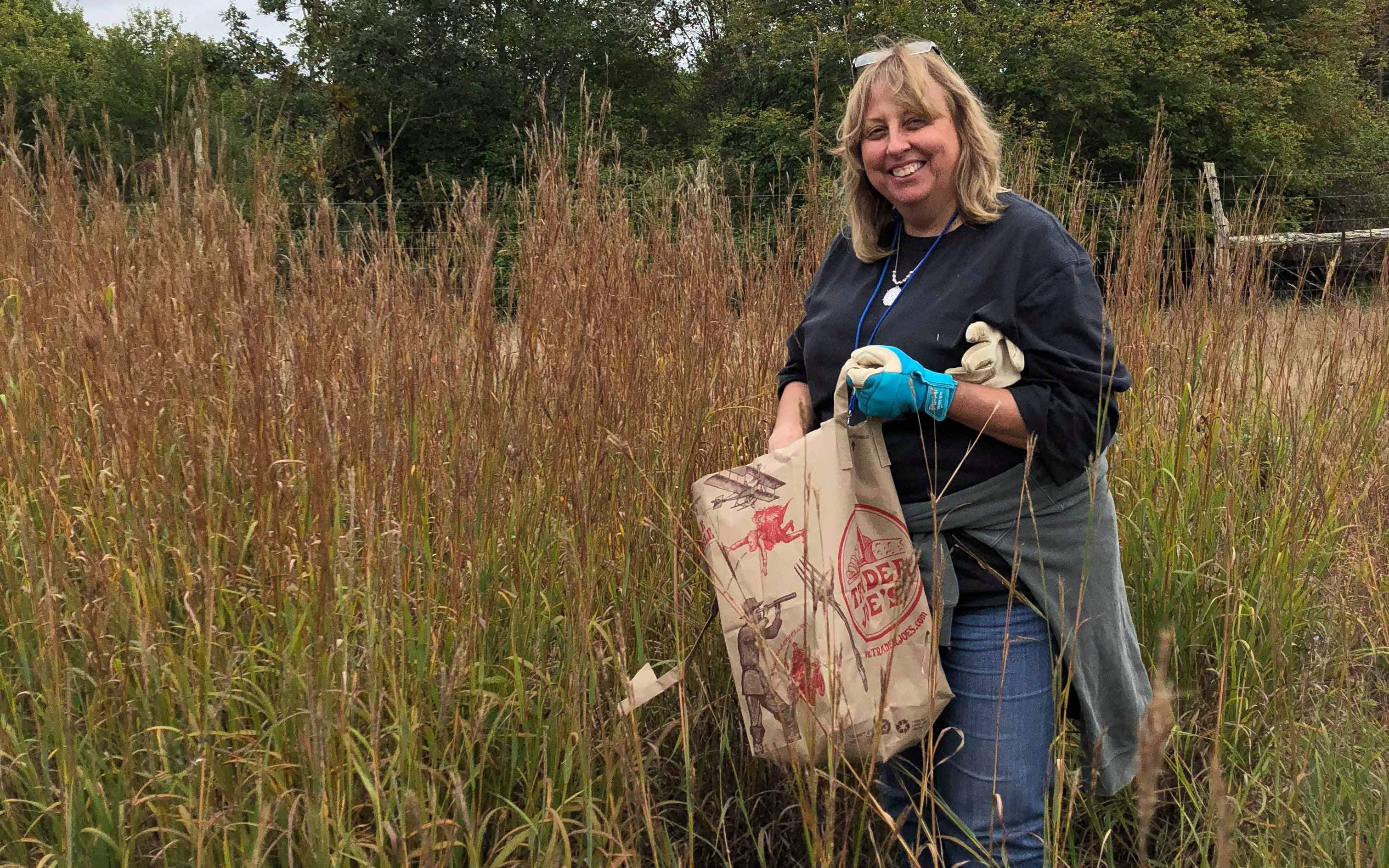
5. Volunteer!
If you live near the coast, volunteer in local beach or reef cleanups. If you don’t live near the coast, get involved in protecting your local watershed. Find an opportunity near you.
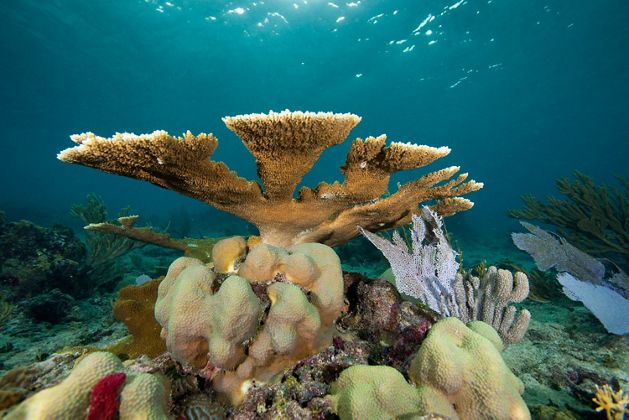
Get More Nature in Your Inbox
Get the latest updates from conservation work near you and around the world.
-
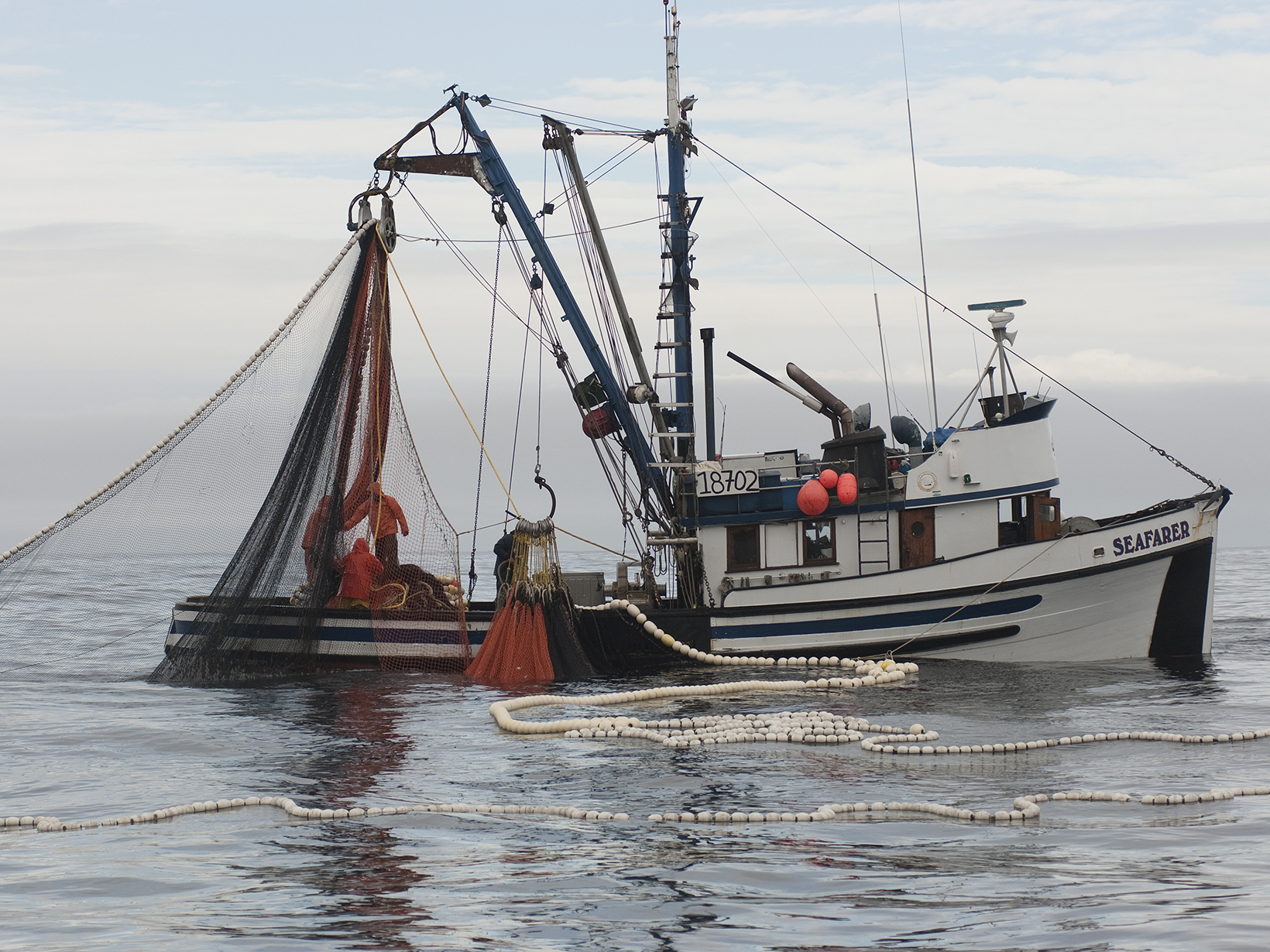
6. Leave no trace
Don't leave unwanted fishing lines or nets in the water or on the beach. Any kind of litter pollutes the water and can harm the reef and fish.
-

7. Conserve water
Use only the water you need. The less water you use, especially outdoors, the less runoff and wastewater will pollute our oceans.
-

8. Spread the word!
Educate your family and friends about coral reefs and contact your local representatives to see what your state is doing to protect coral reefs. If you're a teacher, go on a virtual coral reef field trip with your class! Watch: The Secret Life of Corals

